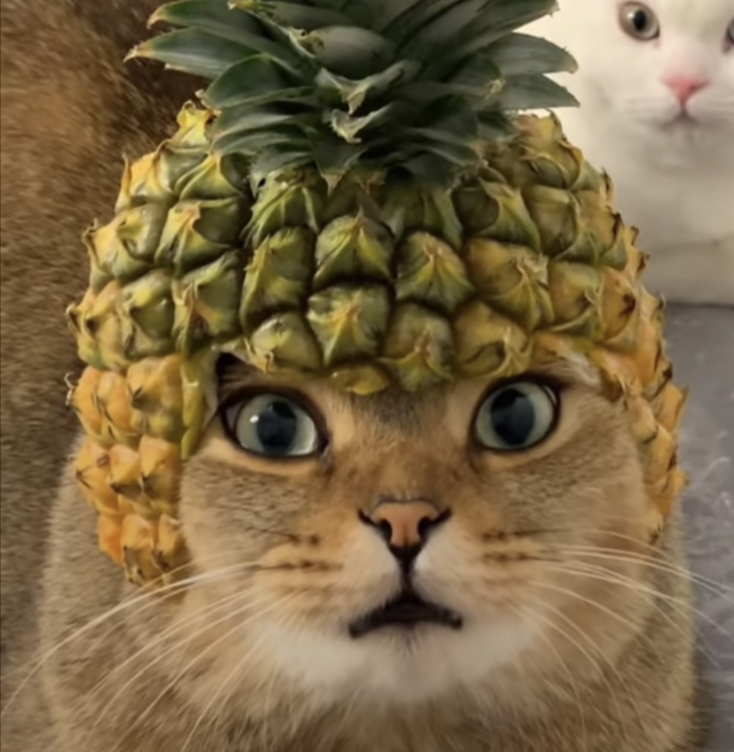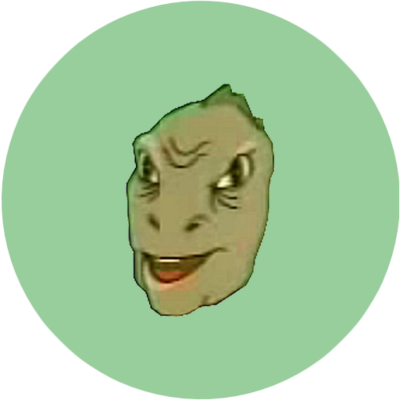Folks, is honey a fungus?
Water is neither animal, plant or fungus
edit: uhh also consider snow cones. You know, they're not actually snow, not necessarily a cone, certainly not an animal plant nor fungus
 THANK YOU SIR, I LOVE YOU VERY MUCH SIR, CAN I GET YOU ANYTHING SIR, YOUR MY HERO SIR
THANK YOU SIR, I LOVE YOU VERY MUCH SIR, CAN I GET YOU ANYTHING SIR, YOUR MY HERO SIRPlease sir! Part of your rocket that exploded landed on my house, destrying my roof and vapourizing my grandfather
Would you please sign this debris?
No, but this is a blessing in disguise. We offer premium solar rooves that rarely explode, along with a convenient lifetime payment plan.
Bird eggs was plural, so cells should be, but I appreciate the confirmation because it sounds like something someone would bullshit you with in like 9th grade
uhh, now i'm questioning my own memory. Have I become the 9th grade bullshitter?
I think we both are:
https://www.quora.com/Is-a-fully-grown-but-unfertilized-bird-egg-a-single-cell
It seems eggs are multicellular
 "This will make me seem like I have a large IQ and am funny simultaneously."
"This will make me seem like I have a large IQ and am funny simultaneously."Salt is in batteries. I love eat batteries. Batteries charge my ego tanks. Batteries = vitamins. Salt = vitamins. Vitamins = healthy vegetables. Salt is vegetable. Since you say I'm dumb I eat more batteries and name my next son Rayovac Hertz-Donut Musk.
Worse, it's a vacuum haircutting system: https://flowbee.com/
Plenty of people eat algae (and diatoms), which are neither plants, animals, or fungi, they're chromists. Also, mushrooms aren't the only fungi we eat. Wila and Caribou Lichen are examples of edible lichens, and Morels actually aren't mushrooms.
There are also tons of bacteria and other fungi that are used in the production of food, but I don't think they count directly as food.
If you are into stuff like that: https://journals.plos.org/plosone/article?id=10.1371/journal.pone.0119248
Plenty new kingdom and domain classifications happening within the last decade(s).
There is also a lot of cross interactions between them, but for classification it is still somewhat useful and somewhat bad.
However OP's main point of that everything basically belongs to life or side products that we it remains. Even though we also consume stuff like salt, which is not alive.
This is interesting. In my undergraduate biology courses we worked using the three domain model (Archaea, Eukaryota, and Bacteria) and my understanding was the superkingdom or empire view was antiquated. I didn't realize there was still research or debate about the organization of life at the highest level.
I'm a bit confused as with the three domain view, it is informed by genomic analysis (specifically of highly conserved tRNA which all life appears to have, review paper here, and a link to a more recent tree of life which I am familiar with here) which is an empirical grounding through raw data instead of the models proposed which don't seem to have as comprehensive of a backing.
Newer tree of life below:
Show
I wonder if it'll be like the definition of species where there are several criteria kept and used depending on the context. It's hard to imagine since all of the different methods of classification could be used fruitfully without relying on them as higher level classifications. For example the two superkingdoms mentioned in the paper you linked works well enough with Gram-Positive and Gram-Negative diagnostic tests and any exceptions would warrant individual study without necessarily needing to rely on some higher order organizing principles at least at present.
As an aside: I read on Wikipedia that Ernst Mayr didn't think the three domain model made sense :/ I wonder what his reasoning was... Something that I encounter is the great personalities and thinkers being kinda on the wrong side and wishing they were right since I think they are kinda cool. I think the same applies to Stephen Jay Gould and his idea of Punctuated Equilibrium.
During my Uni they mostly used the three kingdom view, but suggested that there might be some changes coming in due to progress in experimental and conceptual methods. Which included cross species RNA/DNA etc. exchange even from within different kingdoms and that humans/animals also contains a ton of other kingdoms, so for complex life it ought to not be mistaken with "heights of evolution".
However the conviction was that mostly the categorization was useful enough, in many cases even as if.
I'm a bit confused as with the three domain view, it is informed by genomic analysis
Yeah, I think it has also a bit to do with the cultures in research places and countries. The gap between the concept (which is for humans) and phylogenetic trees is to be underlined. However I am not informed enough to tell anything more than that and thank you for your comment, it lead to some interesting read ups.
Thanks for your response and sharing your thoughts! I wonder if there will be an intermediary period where several models are used and whichever is most appropriate is picked a la species.
I too think my professors talked about something similar, loki asgard archae things. I found a paper on developments and possible effects on the tree of life. I saw some news a while back about some meaningful progress about asgardarchaeota which I haven't looked into but might be one of the seminal works that ends up changing how we define the tree of life.
What you mentioned is true, the cross-species genetic transfer stuff is super interesting and hard for me to wrap my head around. Makes me think scRNA sequencing might be preferable since there's at least the concentration of the molecule and a time series analysis that can be done which is more straightforward.
No gills, no pores: not a mushroom. They're actually called Sac fungi.
A gills or pores criterion would exclude mushrooms such as truffles and chanterelles (which have tubes or teeth).
Chantarelles do not have true gills, that's true. I was just trying to be simple with the description of gills. But you're absolutely right that truffles are not mushrooms either. They're an entirely different type of sporocarp.
Taxonomically speaking, though, they're still basidiomycota, same as the "true" gilled mushrooms. I think any reasonable definition of mushroom someone could come up with is going to be para- or polyphyletic and it doesn't hurt to lump in morels, even if they are in a completely different phylum.
I'm not a biologist or anything, all I know is that mycologists do not consider morels or truffles to be mushrooms.
Mycologists would avoid the term in formal communication entirely; the terms of art would be Basidiocarp for basids and Ascocarp for ascos, or sporocarp generally. In less formal communication my experience has been that mushroom is used as a colloquial stand-in for any sort of macroscopic sporocarp. Linguistic prescriptivism can be fun ("Hey guys - did you a tomato is actually a berry?!") but the stipe-pileus-hymenium model of a mushroom is so narrowly defined I don't know of anyone who could legitimately stick to it without slipping up at some point.
the "mushroom" is not the organism, it's the fruiting body of some fungi, basically a reproductive appendage. it's like saying "a butt isn't an animal." they're all fungi, but there are so many types and forms of fungi with different reproductive strategies and forms/structures, even within a single species.
Honey is literally bee vomit. So it’s a product of animal, like cow milk
It's made from pollen which is part of a: drumroll Plant!
Musk really must sniff his own farts.
X is actually a fourth form of life even though we do not eat it. Elon has created a global consciousness network that is more than the sum of its parts. It has its own intelligence and qualities of life.
Moron missed the part where we’re talking about multicellular life and thought we just meant things we eat.
Ooze monsters from roleplaying games are actually made of honey

What? Why is it weird that we eat plants and animals and fungus? Is there an interesting observation here that I'm missing and why is the owner and CEO of Twitter involved in this discussion?

Protists haven't really been an accepted kingdom in biology since the early 90s. While they're now in kingdom Chromista, algae were under Protista and are commonly eaten. Seaweeds/kelp like kombu, nori, wakame, and dulse, as well as single-celled algae like chlorella and spirulina are some examples you might recognise.
I hope Zuck puts him in a coma (and then slips on a banana peel and puts himself in a coma as well).
does that mean this is a ploy to seem relatable?
does he think this is what a joke is?
















